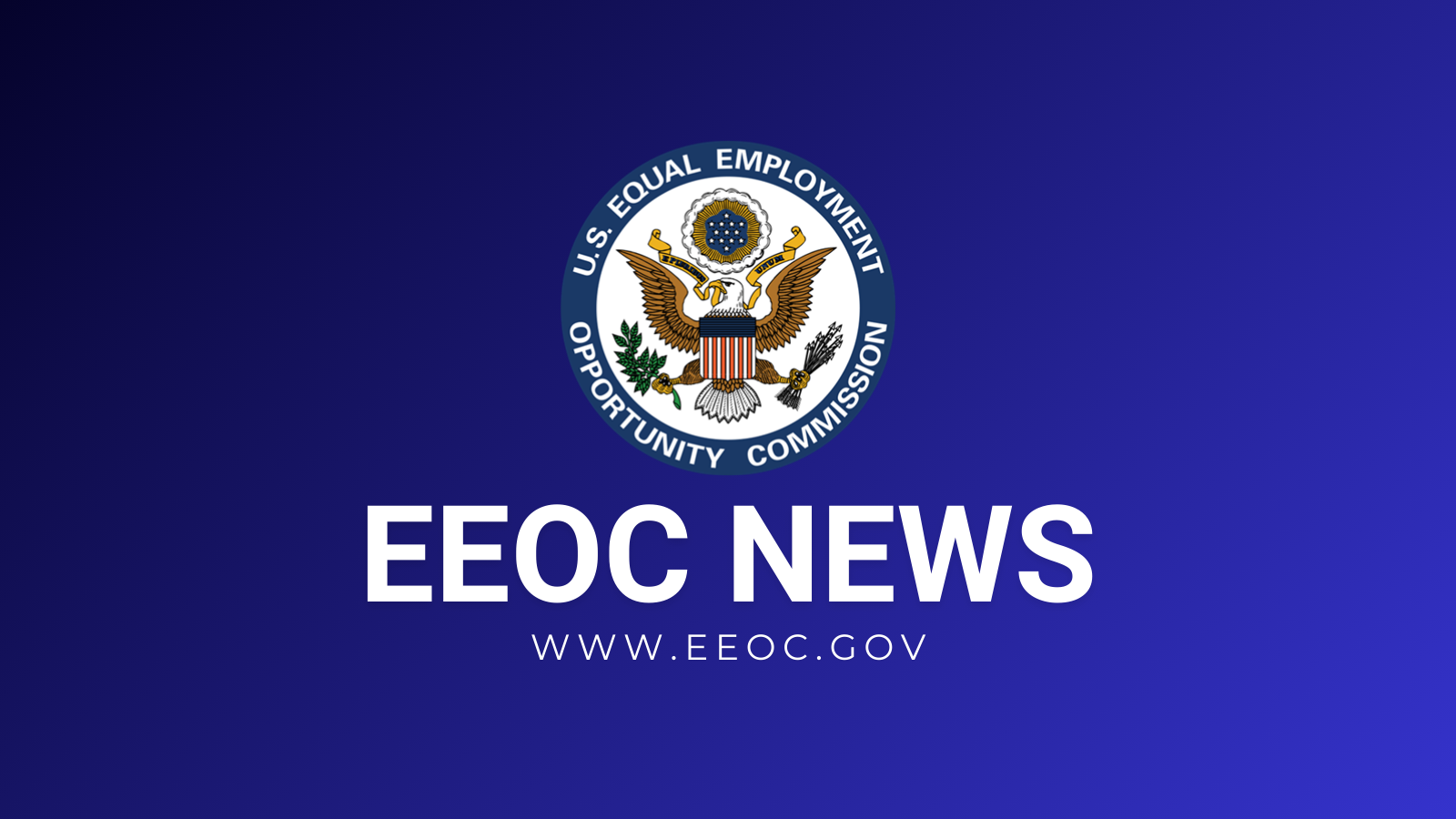A.8. May employers ask all employees physically entering the workplace if they have been diagnosed with or tested for COVID-19? (9/8/20; adapted from 3/27/20 Webinar Question 1)
Yes. Employers may ask all employees who will be physically entering the workplace if they have COVID-19 or symptoms associated with COVID-19, and ask if they have been tested for COVID-19. Symptoms associated with COVID-19 include, for example, fever, chills, cough, and shortness of breath. The CDC has identified a
current list of symptoms.
An employer may exclude those with COVID-19, or symptoms associated with COVID-19, from the workplace because, as EEOC has stated, their presence would pose a direct threat to the health or safety of others. However, for those employees who are teleworking and are not physically interacting with coworkers or others (for example, customers), the employer would generally not be permitted to ask these questions.
A.9. May a manager ask only one employee—as opposed to asking all employees—questions designed to determine if she has COVID-19, or require that this employee alone have her temperature taken or undergo other screening or testing? (9/8/20; adapted from 3/27/20 Webinar Question 3)
If an employer wishes to ask only a particular employee to answer such questions, or to have her temperature taken or undergo other screening or testing, the ADA requires the employer to have a reasonable belief based on objective evidence that this person might have the disease. So, it is important for the employer to consider why it wishes to take these actions regarding this particular employee, such as a display of COVID-19 symptoms. In addition, the ADA does not interfere with employers following
recommendations by the CDC or other public health authorities regarding whether, when, and for whom testing or other screening is appropriate.
(Edit)
A.11. What may an employer do under the ADA if an employee refuses to permit the employer to take his temperature or refuses to answer questions about whether he has COVID-19, has symptoms associated with COVID-19, or has been tested for COVID-19? (9/8/20; adapted from 3/27/20 Webinar Question 2)
Under the circumstances existing currently, the ADA allows an employer to bar an employee from physical presence in the workplace if he refuses to have his temperature taken or refuses to answer questions about whether he has COVID-19, has symptoms associated with COVID-19, or has been tested for COVID-19. To gain the cooperation of employees, however, employers may wish to ask the reasons for the employee’s refusal. The employer may be able to provide information or reassurance that they are taking these steps to ensure the safety of everyone in the workplace, and that these steps are consistent with health screening recommendations from CDC. Sometimes, employees are reluctant to provide medical information because they fear an employer may widely spread such personal medical information throughout the workplace. The ADA prohibits such broad disclosures. Alternatively, if an employee requests reasonable accommodation with respect to screening, the usual accommodation process should be followed; this is discussed in Question G.7.
(Edit)
K.3. Is asking or requiring an employee to show proof of receipt of a COVID-19 vaccination a disability-related inquiry? (12/16/20)
No. There are many reasons that may explain why an employee has not been vaccinated, which may or may not be disability-related. Simply requesting proof of receipt of a COVID-19 vaccination is not likely to elicit information about a disability and, therefore, is not a disability-related inquiry. However, subsequent employer questions, such as asking why an individual did not receive a vaccination, may elicit information about a disability and would be subject to the pertinent ADA standard that they be “job-related and consistent with business necessity.” If an employer requires employees to provide proof that they have received a COVID-19 vaccination from a pharmacy or their own health care provider, the employer may want to warn the employee not to provide any medical information as part of the proof in order to avoid implicating the ADA.





